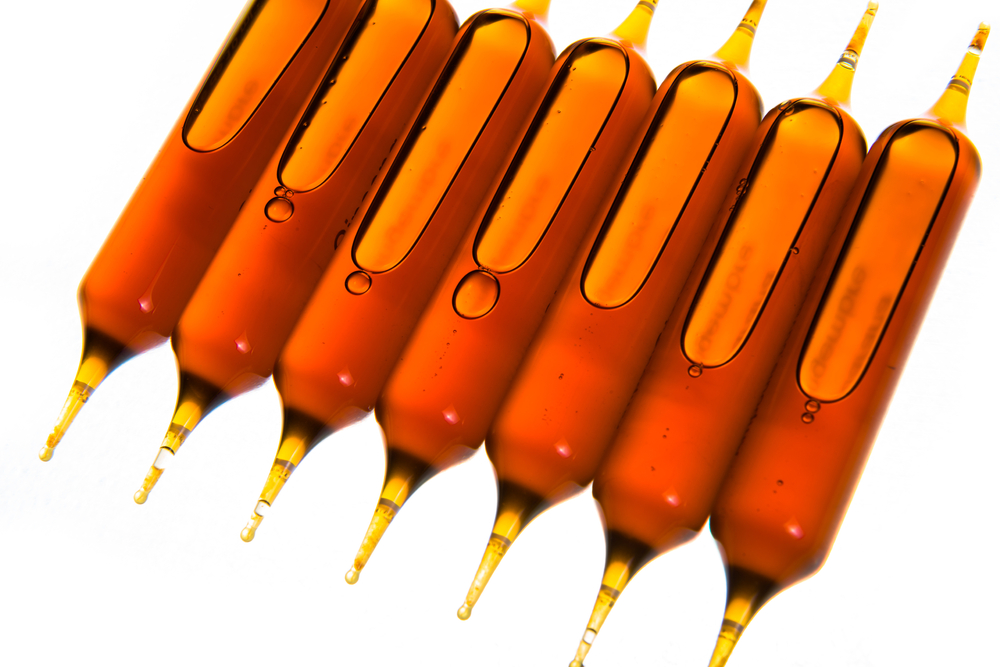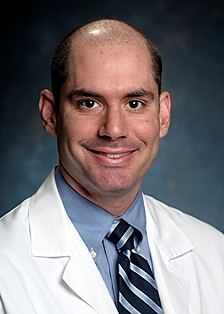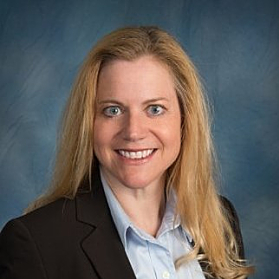Synedgen Presents New CF Complication Treatment Options at North American Cystic Fibrosis Conference
Written by |

Researchers at Claremont, California-based biotechnology company Synedgen are developing targeted therapies that address complications of cystic fibrosis (CF) on pulmonary and GI surfaces for which only limited treatment options are currently available — an unmet need frequently leading to early mortality.
CF is a genetic disease caused by mutations in the cystic fibrosis transmembrane conductance regulator (CFTR) gene that encodes CFTR, a chloride channel that regulates the movement of salt and water into and out of cells in organs such as the lungs, pancreas and gastrointestinal tract. In CF patients, abnormally viscous and sticky mucus accumulates in the lungs. This mucus is very difficult to clear, blocks the airways and the glands, and creates an environment where bacteria can easily grow.
More than 90 percent of all CF patients die of respiratory failure. In the pancreas, damage caused by CF leads to diabetes and the buildup of mucus prevents the release of digestive enzymes that help the body break down food and absorb important nutrients. In the gastrointestinal tract, the thick mucus contributes to further impairment of nutrient absorption — leading to chronic malnutrition.
Synedgen is harnessing the science of glycomics to discover and develop a new class of polysaccharide-based drugs that targets the complex interactions at the cell surface and mucosal interface. The company’s pipeline shows potential to change disease progression in cystic fibrosis and other diseases, and improve quality of life for patients.
What Synedgen calls its “Glycomics Technology Platform” enables its scientists to design drugs designed to suppress inflammation, reduce infection and improve healing, and leverage this unique, proprietary technology engine to create new molecular entities that control the desired cellular response and direct activity at the source of the selected disease.
Synedgen says its research team takes a unique scientific and applied clinical approach, and that their proprietary technology simplifies the process to discover, develop and manufacture modified polysaccharides designed for therapeutic impact. They are applying their platform strategically, focused on addressing medical needs not being met by other technologies, and translating these innovations into effective treatments.
Having developed a highly specialized, robust and predictive technology engine, the Synedgen team is able solve difficult chemistry problems previously inaccessible to traditional approaches. This has enabled them to identify chemical properties required to ultra-purify polysaccharide molecules, and designed chemical modifications to make the new drugs soluble, active and targeted in the human body.
In summary, Synedgen says its chemistry advantage has resulted in development a scientifically validated pipeline of drugs able to:
• Suppress inflammation and improve healing.
• Loosen mucus and biofilms to enhance their elimination.
• Reduce mucus and biofilm adhesion to mucosal surfaces.
• Reduce the ability of bacteria to bind and invade tissues.
• Protect mucosal surfaces from damage and microbial imbalances.
Synedgen has a broad US and international patent estate including nine issued and pending patents. The company’s IP portfolio covers the overall platform as well as use and compositions of matter for the specific products under development.
Two presentations detailing Synedgen research have been accepted for presentation at the 29th annual North American Cystic Fibrosis Conference (NACFC) being held this week October 7-10, 2015 in Phoenix, Arizona. The Conference provides a collaborative and educational forum for CF professionals to help advance CF research and care.
 The first presentation highlights the work led by Synedgen’s collaborator, Dr. Steven Rowe and his team at the University of Alabama, Birmingham, whose studies focus on the powerful effect of Synedgen’s drug PAAG SYGN303 observed preventing Distal Intestinal Obstructive Syndrome (DIOS) in mice that carry the CF gene mutation.
The first presentation highlights the work led by Synedgen’s collaborator, Dr. Steven Rowe and his team at the University of Alabama, Birmingham, whose studies focus on the powerful effect of Synedgen’s drug PAAG SYGN303 observed preventing Distal Intestinal Obstructive Syndrome (DIOS) in mice that carry the CF gene mutation.
DIOS, formerly called meconium ileus (MI) equivalent, is associated with severe morbidity and prolonged hospitalizations in CF patients. Physiological changes in the CF patient’s gut lead to accumulations of viscous mucus and fecal material in the intestines that form obstructive impactions. A condition unique to cystic fibrosis, DIOS occurs in approximately 10-22 percent of CF patients, and has a recurrence rate of approximately 50 percent. Current treatments for CF intestinal disease are non-specific and often ineffective.
“Dr. Rowe’s team has demonstrated that SYGN303 effectively reduces mucus impaction in the CF intestine, reduces inflammation, and maintains healthy intestinal tissue while reducing the overall mortality by 90 percent when compared to the control. This is a completely new approach to treating GI disease in cystic fibrosis,” says Synedgen CEO Dr. William Wiesmann in a release. “A targeted therapy for GI disease will meet a large unmet need for patients who suffer from DIOS and related complications.”
In another presentation at the conference, Synedgen VP of Research Dr. Stacy Townsend will highlight Synedgen’s work using PAAG SYGN113 to prevent the bacterium Pseudomonas aeruginosa, which frequently infects CF patients, from attaching to lung epithelial cells, and the drug’s ability to inhibit and remove biofilms from these cells. The bacteria tested are clinical isolates from CF patients that have multi-drug resistance and mucoid characteristics.
Incidence of CF complications due to biofilm infections continues to increase primarily due to multi-drug antibiotic resistance development and the inability of current therapies to penetrate thick mucus and biofilms. Recurring infections exacerbate CF symptoms, cause a decline in pulmonary lung function, and increase morbidity and mortality. Dr. Townsend’s work shows that a single 4-hour treatment with SYGN113 significantly reduced multiple strains of P. aeruginosa biofilms from the lung epithelial cell surface from 87 to 100 percent. Pretreatment of lung cells with SYGN113 resulted in 100 times fewer bacteria attached to lung cell surfaces after one hour. Extending treatment over five hours caused an 82-98 percent reduction in biofilm formation on the lung epithelial cells.
 “The results of these two studies demonstrate new mechanisms of action for SYGN303 and SYGN113 relative to current standards of care,” comments Synedgen President Shenda Baker. “The ability to improve CF GI health and inhibit and remove biofilm growth provides a dramatic improvement over current drugs for treating mucus impaction, infection and exacerbations in CF patients.”
“The results of these two studies demonstrate new mechanisms of action for SYGN303 and SYGN113 relative to current standards of care,” comments Synedgen President Shenda Baker. “The ability to improve CF GI health and inhibit and remove biofilm growth provides a dramatic improvement over current drugs for treating mucus impaction, infection and exacerbations in CF patients.”
Additional information can be found at Synedgen’s web site at:
https://www.synedgen.com.
The annual North American Cystic Fibrosis Conference provides a collaborative and educational forum for CF professionals to help advance CF research and care, bringing together scientists, clinicians and caregivers from around the world to discuss and share ideas on the latest advances in CF research, care and drug development and to exchange ideas about ways to improve the health and quality of life for people with CF. It is anticipated that more than 4,000 researchers and health care professionals will attend this year’s Meeting at Phoenix.
Sources:
Synedgen
North American Cystic Fibrosis Conference
University of Alabama, Birmingham







